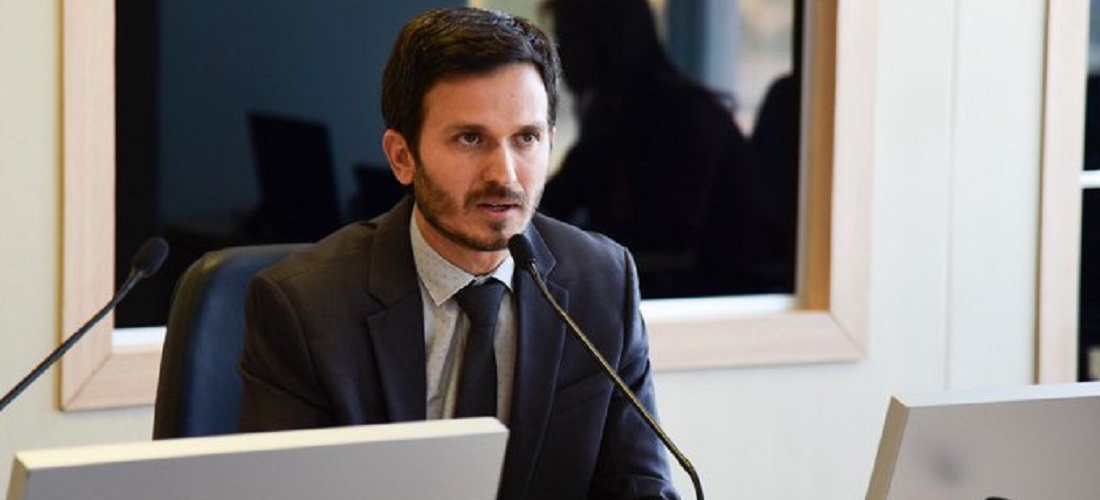
Secretary says privatization process of the Port of Santos is advancing
Oct, 07, 2019 Posted by Sylvia SchandertWeek 201941
In an interview with A Tribuna, the National Secretary of Ports and Waterways Transportation, Diogo Piloni, said that the privatization of the Port of Santos is among his priorities in the coming months. Check out the following main points of the interview published in A Tribuna.
What are the Federal Government’s plans for the Port of Santos?
We see the Port of Santos as a priority for the Secretariat. The minister (of Infrastructure, Tarcísio Gomes de Freitas) has also reputed the theme as of national interest and the justification of this is obvious. The Port of Santos is of great economic importance to the country. We are working on different fronts, but all of them with a very similar bias, which is to bring the private initiative to invest in the Port, be it in models of lease agreements – and there we have a portfolio of lease projects to be bid: the area of Libra, area in Alemoa, Outeirinhos, Saboó, a series of areas liable to lease, and obviously allocating in these contracts to be bid some investments in superstructure and some cases of infrastructure of the Port.
What about the port infrastructure?
We have the prospect of discussing the access channel concession, which is in the process of receiving proposals from various stakeholders. And we have the discussion of the privatization model, which has as one of its premises the measurement of values that will enable reinvestments in the infrastructure. This is obviously in access channel, berths, road, and rail access. We cannot forget about the necessary expansions at Portofer so that we have a cargo flow that is not impeded by a bottleneck in the Port of Santos. Outside Porto, the railway concessionaires are in the process of investing. We had the North-South bidding, we had discussions of extension of MRS contracts in São Paulo. So there are huge proposals for investments in rail concessions and the Port cannot be a bottleneck at all for the growth of the rail modal participation in cargo logistics arriving at the Port of Santos.
And how is the process of privatization of the Port going?
The Port’s privatization process is well advanced. We are in discussions with BNDES to be our partner in hiring consultants that will be necessary for us to study the most appropriate model for the Port. Our expectation is to have the consultants hired by the end of the year with a study meeting. It should take up a few months from the year 2020. We should have somewhere around six or seven months of study and then we begin the process of bidding, the roadshows, the public consultations, the TCU (Union Court of Auditors) consultation, which leads us to believe that the process should be completed in the year 2021 with all the stages completed.
Is the transfer of management from the Port of Santos to the Ministry of Economy part of this process?
It is part of the process, depending on the model we draw. Depending on the model, qualification in the National Privatization Program (PND) is required. In this scenario, you would have what the decree provides, an eventual passage for the management of the Ministry of Economy. But this is after all the discussion of the model, the completion of the studies, and this does not concern the Ministry of Infrastructure at all and who has participated in the discussion of the model, given that the Ministry of Economy is one of those involved in the whole discussion of the model, whether it is a process that is qualified in PND or not. The Ministry of Economy is our main partner in defining the privatization model.
-
Grains
Nov, 29, 2022
0
Brazil soybean oil, bran exports go to record highs
-
Ports and Terminals
Jan, 19, 2023
0
Itajaí port records 1.3 million tonnes of cargo in December 2022
-
Trade Regulations
Sep, 24, 2024
0
Brazil opens chicken and beef export market in Papua New Guinea
-
DW 2019 EN
Nov, 04, 2019
0
DATAMARWEEK 05 NOVEMBER 2019



